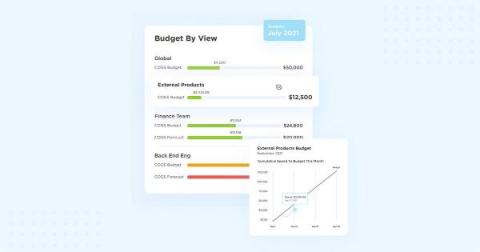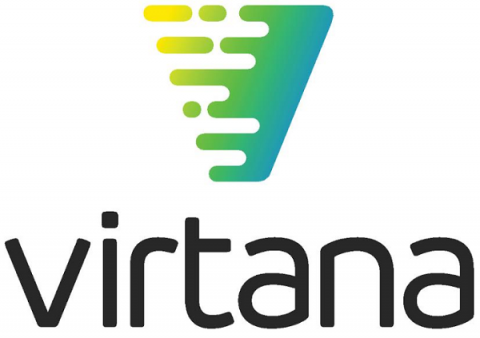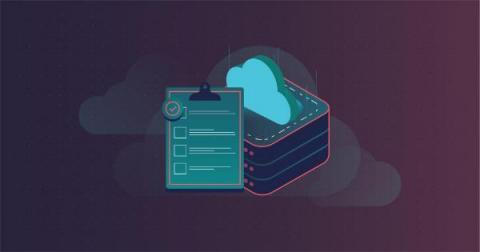Be in charge of your cloud costs with these 2021 releases: CloudSpend recap
The widespread adoption of digital transformation triggered by the global health crisis has created a boom. For some businesses, the transition was smooth, but for others, it was an aggressive shift. Out of all the challenges posed by the transition to digital environments, messy cloud cost management and rocketing cloud bills are the most taxing. According to Gartner, through 2024, 60% of infrastructure and operations leaders will bear cloud costs that hurt their on-premises budgets.











